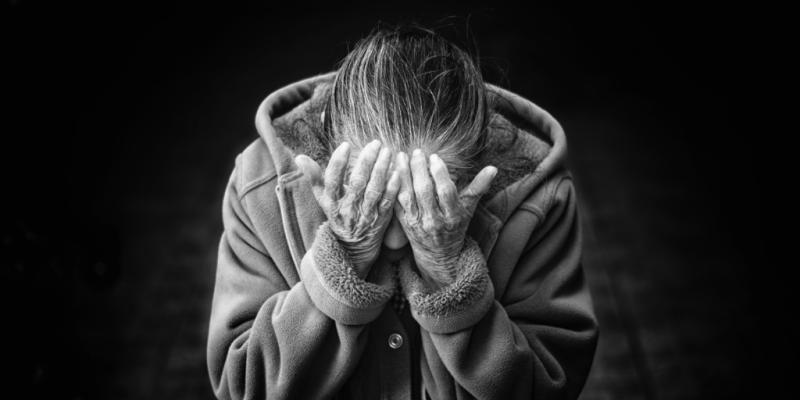Navigating the Five Stages of Grief After Losing a Loved One

Grief is a complex, winding journey that often follows the loss of a loved one. It's a deeply personal experience, yet shared by humans universally. As we embark on this path, knowing the common stages of grief can serve as a map, helping us to navigate the emotional landscape we may encounter. Let's explore each stage with a touch of warm, empathetic guidance to accompany you along the way.
Coping with Grief in Your Own Way
Though the stages of grief are well-documented, remember that our experiences are as unique as our fingerprints. Some may not experience every stage or may revisit stages out of sequence. Honor your journey by allowing emotions to flow without judgment. Leaning on support systems, acknowledging your feelings, and practicing self-compassion are key. Remember, moving forward does not mean forgetting—it means you are finding a way to live with love and loss entwined.
Finding Legal Guidance
Amidst the stages of grief, legal concerns regarding the estate of a loved one can seem overwhelming. Seeking the advice of a professional may be helpful. For example, resources like https://westcoastwills.com/ offer guidance on wills and probate. Handling these matters can provide a sense of control and assurance during a turbulent time.
Finding Support in Community
During times of grief, communities can offer a net of support that upholds us when we are too weary to stand alone. Engaging with people who have experienced similar losses can foster a sense of solidarity. Support groups, both in-person and online, are valuable spaces where shared stories and understanding can promote healing. Don't hesitate to seek out these communities and allow the compassion of others to nurture your spirit.
Denial
The initial wave often brings denial; a protective mechanism allowing us to pace our feelings of grief. It's the mind’s temporary refusal to accept a new and painful reality. To cope, permit yourself to experience the disbelief. Acknowledge this phase as a natural part of your healing process, and gently encourage yourself towards gradual acceptance as you feel ready.
Anger
Anger may surface with intensity, masking the pain that lies beneath. It's a forceful reaction to the vulnerability we feel. Channel this energy into constructive activities. Writing, creative arts, or physical exercise can be safe outlets for your emotions. Allow this stage to empower you, recognizing your right to feel your full emotional spectrum.
Bargaining
In the bargaining phase, it's common to be caught in 'what if' and 'if only' thoughts. This stage embodies our desire to regain control over the uncontrollable. A beneficial approach is to focus on creating meaningful rituals to honor the memory of your loved one, such as sharing stories or visiting a cherished place.
Depression
When the quietness of depression sets in, it can feel like a thick fog. It may present as sadness, regret, or a deep longing. In this stage, self-care is paramount. It's okay to slow down, to rest, and to find solace in simple activities that bring you solace. Reaching out to friends, support groups, or a counselor can provide comfort through connection.
Acceptance
Acceptance does not mean you're okay with the loss, but rather that you understand it is a permanent part of your reality. This stage opens the door to the present and future. Embracing new routines, finding joy in small moments, and cherishing the memories can all be part of this redefined life. You are resilient, and hope can bloom again in acceptance.
Additional Strategies for Healing
Healing from grief can also involve exploratory self-reflection. Journaling your thoughts and feelings can provide an outlet for your emotions and help you chart your healing over time. You might also explore meditation or mindfulness techniques to stay grounded in moments of overwhelm. Such practices can help you maintain a connection to the present, easing the burden of your loss.
The Power of Ritual in Mourning
Rituals can serve as a powerful means to honor your lost loved one while also providing a structured way to cope with grief. Whether it's lighting a candle daily, participating in community memorials, or conducting personal remembrance ceremonies, these acts can help to memorialize your loved one and may offer comfort and continuity during your bereavement.
Conclusion
In conclusion, the path through grief is non-linear and deeply personal. As you navigate the stages of denial, anger, bargaining, depression, and acceptance, remember you are not alone. By understanding these stages and adopting strategies to manage each one, you are already taking meaningful steps on the path to healing. May this guide serve as a comforting companion through the waves of your journey. In time, may you find peace and solace, as the legacy of your loved one continues to inspire and guide you.
More to Read:
Previous Posts:







